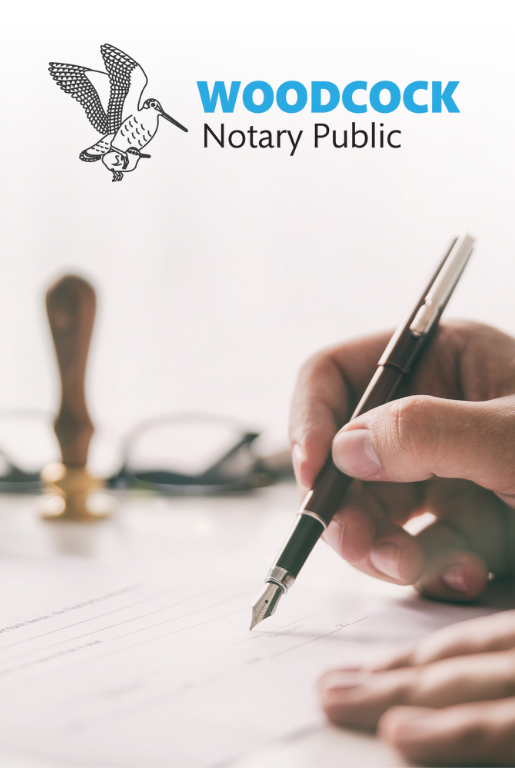| All | Blog | Videos | Webinars |
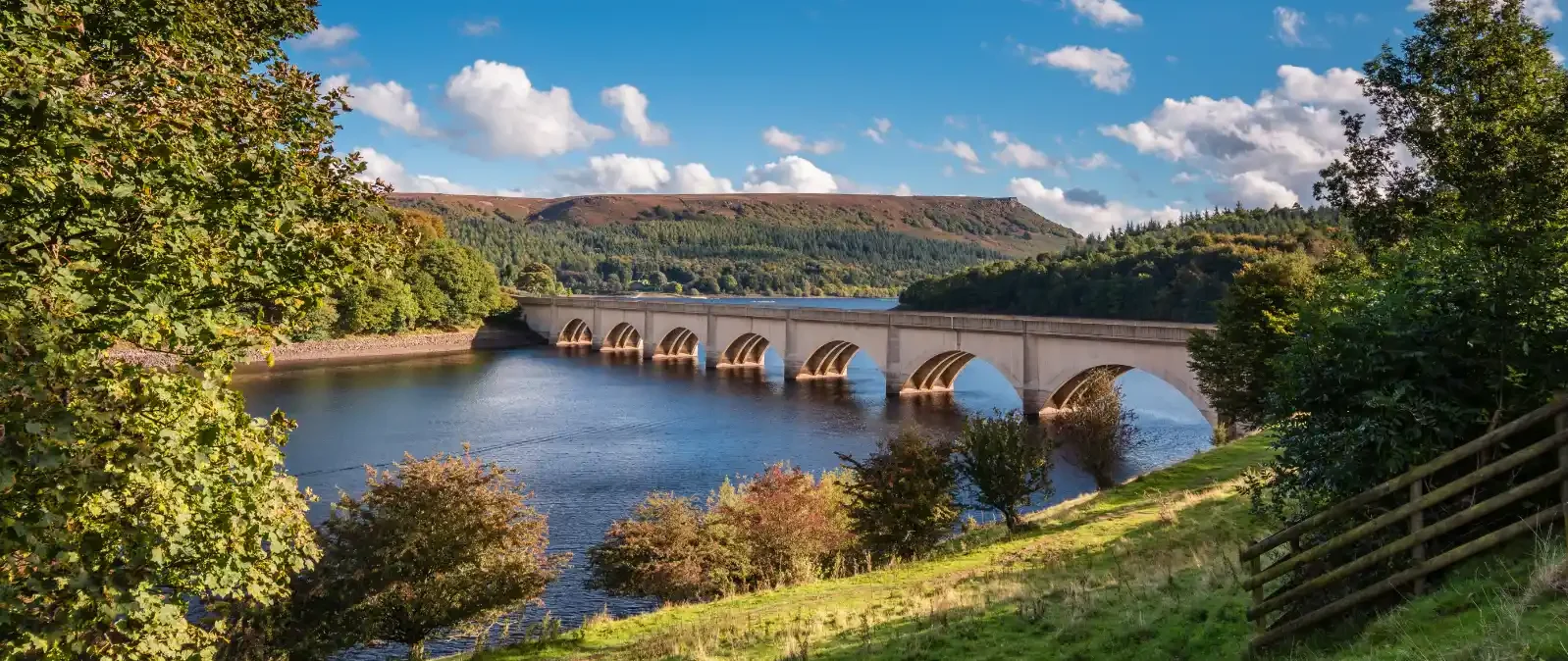
In the modern day, people move around more than ever for various reasons, from work, to study, or just to start a new life. Sometimes they settle in a new country permanently, and other times, they plan on moving back to their home country one day.
Regardless of the reasons behind it, moving to a completely new country is a big step to take, and you will likely encounter some difficulties or confusing situations no matter what. Coming to the UK is no different.
In this guide, we shall take you through some of the things to know before moving to the UK, so that you can prepare yourself for your move. There will be a mixture of some more serious topics, and some more light-hearted ones.
1. What you can and cannot do on your visa
To begin, possibly the most important thing you can do before coming to the UK is to check what your visa allows you to do.
You must ensure that you pick the correct visa for your situation, and for what you plan to do whilst in the UK. There are many to choose from, with there being worker visas, temporary worker visas, study visas, and more. Visit our visa library page to see what visas are available for you to apply for.
For example, some visas that are not worker visas still allow you to carry out some work to support yourself. For example, a Student Visa allows you to do up to 20 hours of work a week during term-time.
If you are unsure what visa would best suit your needs, then we suggest getting the advice of a legal professional, such as a member of our own immigration law team. They can help you decide what visa is best for you.
2. Healthcare is not completely free
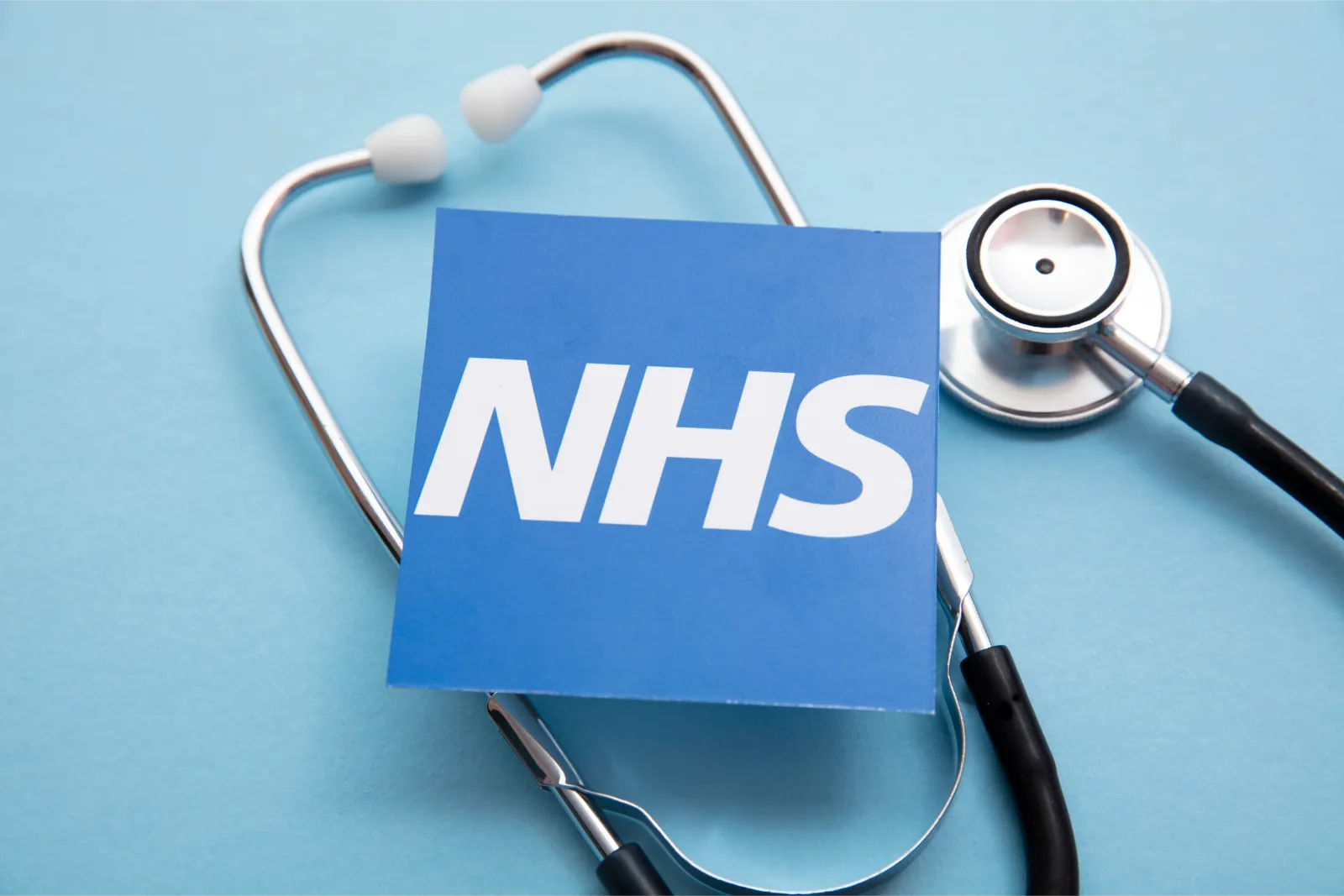
For British citizens, NHS services are free. However, people coming to the UK on a visa for more than six months will need to pay the Immigration Health Surcharge (IHS) to be able to access NHS services. It is a requirement to pay the IHS as part of your visa application, so you will not be able to get around it.
You will need to pay the IHS for the total number of years that you plan to stay in the UK for. The amount you have to pay will vary depending on how long you will be in the UK for, and what visa you are applying for.
You should be aware that most prescriptions cost a small fee, and some more cosmetic procedures can only be done through private healthcare providers, which will cost money.
In addition to NHS services, you also have the option of going for private healthcare. This can be faster than being put on an NHS waiting list in many cases, but you will have to pay a fee to use private healthcare.
Finally, please note that you may still have to pay for prescriptions unless you meet certain criteria. For example, if you are under 18 or a student under 21, you do not need to pay for prescription medicine.
3. Collect your BRP card
The biometric residence permit (BRP) card proves your right to remain in the UK, whether you can work or not, and also acts as proof of identity.
Although you cannot collect it until you arrive in the UK, it is important to know when and how you collect it before you arrive, so that everything goes as smoothly as possible.
You should have received a letter detailing where to pick up your BRP card from. This will either be from a Post Office branch, or from your sponsor if you choose this option in your application.
There will be a time limit on how long you have to collect your BRP. It will either be the date your travel document to enter the UK expires, or be within 10 days of your arrival in the UK.
4. Registering for important services
When you move to the UK, you will have a lot to set up. Some important tasks, such as setting up a bank account with companies such as Monzo, Starling or Revolut, can be done before you move to the UK. Some high street banks such as Lloyds or Halifax, however, will require proof of a UK address.
Some important services you will have to register for, such as registering at your local GP, can only be done once you are resident at a UK address. You can however find their details on the NHS website.
You will also need a UK SIM card to be able to use your phone without incurring high roaming fees. These can be ordered from most mobile companies online.
“
”
5. Applying for a National Insurance number
One very important thing you should make sure you have is a National Insurance (NI) number. Anyone with the right to live and work in the UK can apply for an NI number. You can also apply for an NI number if you are looking for work, or have a job offer.
If you have a BRP card, then you may already have an NI number printed on the back of your card. If you do not already have a number, you will have to apply for one on the Government’s website.
NI numbers are used to track how much tax you have paid, and can also be used to apply for some benefits.
6. Access to benefits
People who are in the UK on a visa will not be able to apply for certain benefits or receive a State Pension. This is known as ‘no recourse to public funds’.
This is important to know about if you, for example, fall pregnant whilst in the UK on a worker visa. You will not have access to state maternity pay. However, you will still be able to get statutory maternity pay from your employer.
Additionally, you can watch our video on what happens if you fall pregnant on a worker visa whilst in the UK if you want more information.
7. Paying for utilities
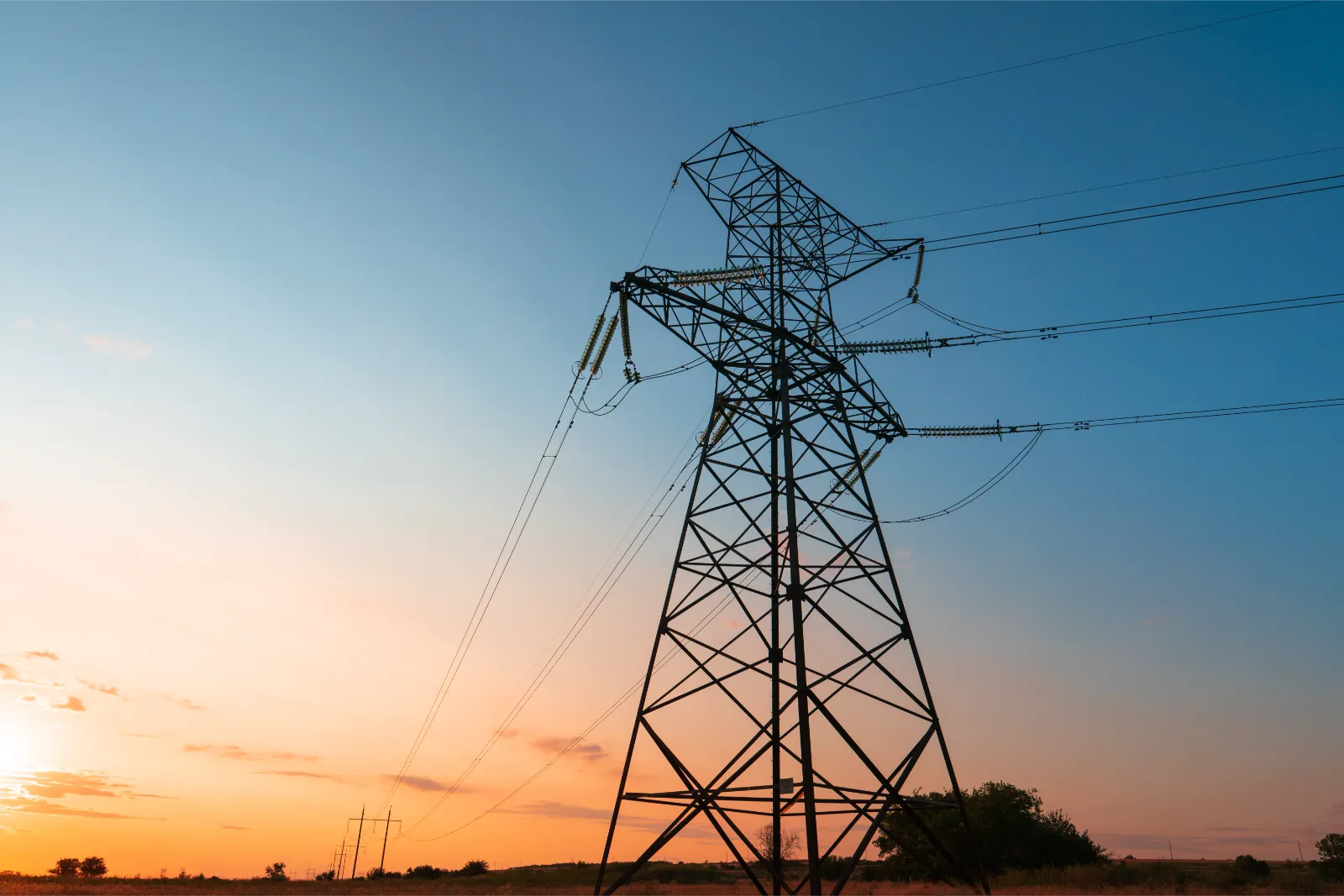
Additionally, you may need to start paying for utilities such as gas, electricity and water. If you are renting, you will still need to pay to cover the bills.
Meanwhile, water companies deal with specific areas. For example, Yorkshire Water only operates in Yorkshire, so you will be getting your water bills from them if you live there. You can check the details for the water company in your area online.
Then, there is also council tax that you will need to pay if you own or rent your property, and are not a student.
Please note that if you are a student, you are exempt from paying council tax, and may also not have to pay for your own bills if you live in student accommodation.
You can find out which council you need to contact about setting up your account on the gov.uk website.
8. Cost of living
The UK is one of the richest countries in the world, but this means that the cost of living is also high, particularly with current world events impacting living expenses around the world even further.
Additionally, if you are moving to London, things are even more expensive due to it being the capital city. This is balanced out by London having higher wages than elsewhere in the UK, but it is still a costly place to live.
Be aware of your finances, and make sure you save enough money to cover any extra, or unexpected, expenses you may have to pay.
As part of your visa application, you will have to prove that you have enough funds to support yourself upon your arrival in the UK, but it is wise to have more than the minimum requirement.
9. Sign up to supermarket rewards
Most supermarkets in the country have a rewards system where you create an account, and are then given a card, or you can download an app, both of which you can scan at the checkout. Every time you scan, you earn points based on how much you have spent.
If you go to a specific supermarket quite often, you will eventually build up your points, and be able to save some money on your next shopping trip, or even get a specific item for free.
Rewards points can be a useful, long-term way of saving a bit of money, which should make your time in the UK slightly less expensive.
10. The weather
On a less serious note, one of the biggest things to know before moving to the UK is just how chaotic the weather can be, and how British people love to talk about it.
The weather in the UK is never too extreme, aside from sporadic flooding or the odd heatwave, but it can be erratic and unpredictable. In just one day, it can go from a warm sunny day to a torrential downpour and then back to clear skies in just a few hours.
Also, the weather rarely gets that hot, aside from a few weeks in the summer. If you are not already used to it, you will have to adjust to constant mild weather and many days of cloudy skies.
11. Varied beauty spots
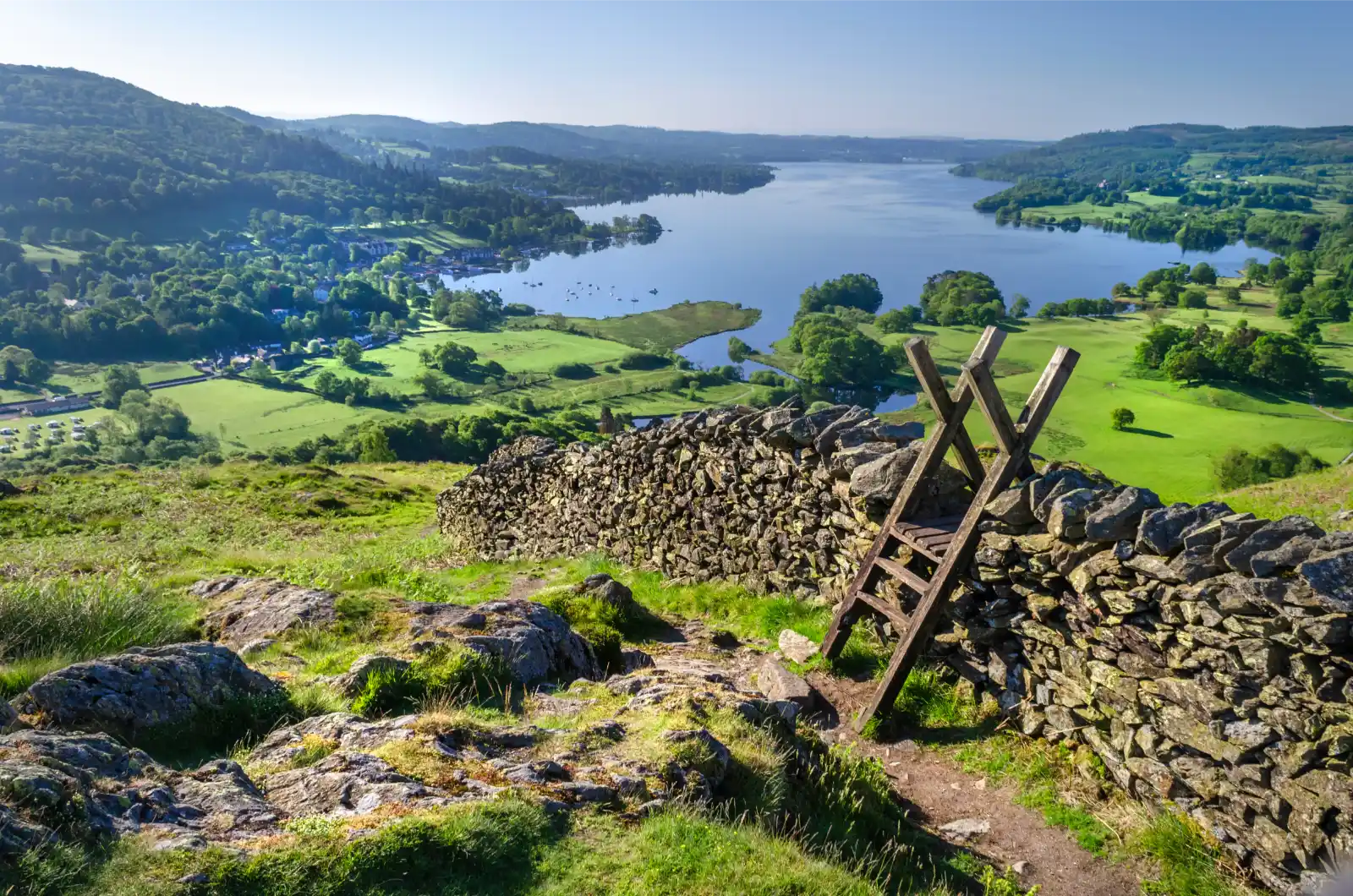
On a lighter note, the UK has various different beauty spots that you can explore, with some even being world-famous.
There are rocky and sandy beaches, mountains, vast hilly terrain, marshes, plains, and a rare ancient temperate rainforest, so there is bound to be something that you want to visit.
One of the most famous examples of UK beauty spots is the Lake District. This vast nature reserve is full of forests, fells and lakes, with much of the natural wildlife being untouched by humans.
Cornwall is also known for its great natural beauty, with it having some of the most beautiful beaches with blue sea water, and even waves big enough for surfing.
Wales is home to Yr Wyddfa, or Mount Snowdon in English. It is located in the Eryri National Park, which itself is full of some beautiful wildlife native to Britain. Yr Wyddfa is the largest mountain in Wales, and is popular amongst hikers who wish to conquer its high peak.
When you move to the UK, you should take the opportunity to explore your new home and immerse yourself in the local nature.
12. Powers of Attorney for selling property at home
Whilst some people only move to the UK for a few years before returning to their home country, some decide to move permanently.
In the event that you are one of these people, then it is likely that you will want to sell your property in your home country. To be able to sell your property abroad, you will need to either go back to your home country and deal with it yourself, or get a Power of Attorney drafted and assign someone as an attorney to carry out your will on your behalf. The latter may be more convenient, as you will not have to leave the UK yourself.
For a Power of Attorney to be used abroad, it will first need to be notarised and legalised by a Notary Public.
If you are interested in getting a Power of Attorney, then you should visit our Notary Public website. There, you can find out all the information you need about drafting a Power of Attorney, and get the assistance of Notary Public of England and Wales, Nathan Woodcock.
How we can help
Before moving to the UK, you will need to apply for a visa. Deciding which one would be best for your situation can be difficult at times. There are worker visas, temporary worker visas, study visas, and more. With there being so many varieties of visa to learn about, you should get the help of our expert immigration law team.
To contact our team, you can either call us, email us, use our website chatbot, or book a free 10-minute assessment. This allows you to tell us your problem, and also allows us to see if we can help you.
After the initial contact, you will be able to book a longer, paid consultation with our Principal Solicitor, Nathan Woodcock. This lasts either 30 minutes or an hour. During this, you will be given legal advice and be given guidance on what steps to take next.
Alternatively, if you just want a quick question answered by a legal professional about the application process, you can use our fast 15 minute consultation.





